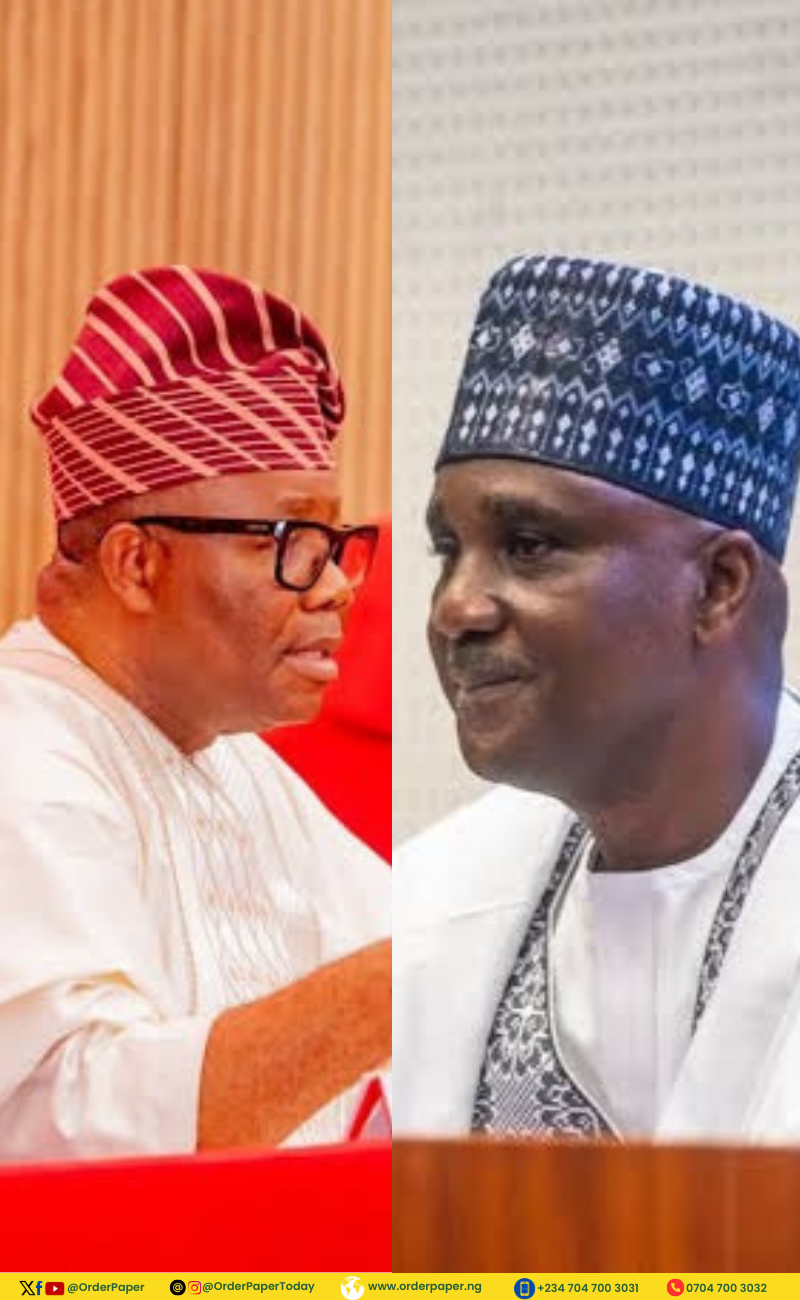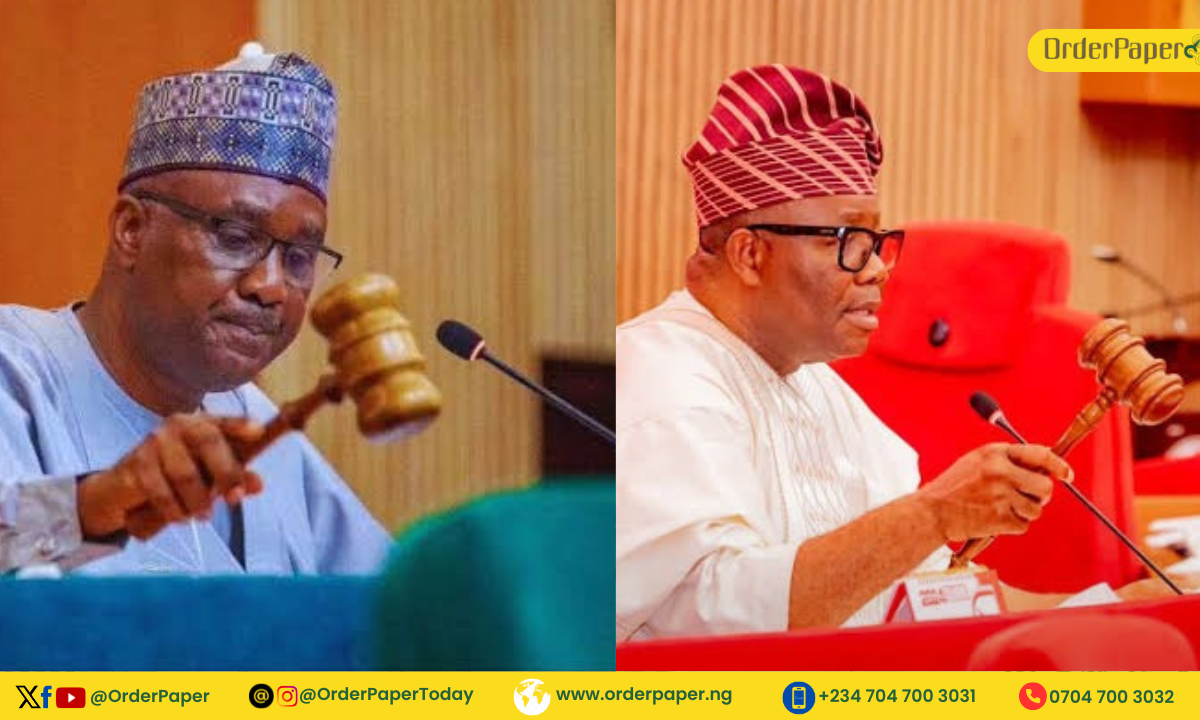The newly approved ₦70,000 minimum wage positively responds to the urgent demands of solving hyper inflation and escalating living costs, with unique effects for workers, citizens and the economy
Last week’s passage of the new minimum wage bill by the national assembly marks a significant milestone in the ongoing struggle for fair wages in the country. Nigerian workers would earn a base minimum of ₦70,000 once the president assents to the bill. But the struggle for the new minimum wage is shaped by a history of labour activism, legislative advocacy, and economic necessity. The new wage law follows years of negotiations, multiple labour strikes, and the pressing economic realities faced by workers in a nation grappling with hyperinflation and rising living costs.
Historical context of minimum wage in Nigeria
The history of minimum wage in Nigeria dates back to 1974 when the first minimum wage was established at ₦60 per month during the country’s first oil boom. This wage was implemented following the recommendations of the Udoji Commission, which aimed to improve worker welfare amid rising living costs. However, it was not until 1981 that a formal minimum wage law was enacted, increasing the wage to ₦1,500 per month for public sector workers and covering all full-time employees, excluding seasonal workers and those in small enterprises.
Over the decades, the minimum wage has undergone several revisions, with the most recent adjustment before 2024 occurring in 2019 when it was set at ₦30,000. However, persistent inflation has eroded the purchasing power of this wage, leading to renewed demands for a more substantial increase. The urgency for a wage adjustment became even more pronounced as inflation rates soared above 34% as at June 2024.This has forced many families to reduce their meals from three to two, or even one per day, as essential foodstuff have witnessed significant price hikes. For instance, a resident in Nasarawa state recently told PUNCH Newspapers that his family has started skipping meals altogether, “just to keep his family alive.”
The bumpy road to new minimum wage
In January 2024, President Bola Tinubu established a tripartite committee to negotiate a new minimum wage, according to the Minimum Wage Act of 2019, which mandates a periodic review of the minimum wage. Labour unions, led by the Nigeria Labour Congress (NLC) and the Trade Union Congress (TUC), initially demanded ₦615,000. After several rounds of negotiations, this figure was reduced to ₦494,000. The government proposed lower figures, starting from ₦48,000 and increasing to ₦60,000, all of which were rejected by labour representatives. This impasse led to a declaration of an indefinite strike on June 3, 2024, highlighting the urgency of the situation.
A history of NLC strikes
The strike, which followed a long history of labour actions in Nigeria, resulted in significant disruptions across the country, which included a halt in the sale of essential commodities (notably fuel and diesel), electricity cuts, and suspension of all air flights until the strike was called off after two days. Notably, the NLC has organized numerous strikes over the years, particularly in response to minimum wage issues. Key strikes include:
– 1981: Two-day strike due to poor economic management.
– 2012: Five-day strike against the removal of fuel subsidies.
– 2018: Two-day strike demanding a minimum wage increase.
The strike emphasized that the existing wage could not sustain the average Nigerian worker, especially in light of rising living costs. Following the strike, the government acknowledged the urgency of the situation, and labor leaders agreed to “relax” the strike on June 4, 2024, to facilitate further negotiations.
NASS interventions on minimum wage struggle
Before the passage of the new bill, the National Assembly has played a crucial role in strike intervention.
Notable years include:
- 1981- NASS intervened in a general strike led by the Nigeria Labour Congress (NLC) over economic mismanagement and minimum wage issues. The strike lasted two days and was called off after negotiations with the government.
- 2012 – NASS played a crucial role during a nationwide strike against the removal of fuel subsidies, which led to a significant increase in fuel prices. The protests and strikes forced the government to rescind the subsidy removal.
- 2018 – in a strike concerning demands for a new minimum wage. The intervention aimed to mediate between labour unions and the government to prevent widespread industrial action, resulting in a temporary resolution of the issue.
The legislative branch played a crucial role in the establishment of the new minimum wage. On July 23, 2024, the National Assembly passed the 2024 national minimum wage (amendment) bill, which legally enshrined the ₦70,000 minimum wage. This process was expedited, with the bill moving through all legislative stages swiftly. These stages are the gazetting stage (where the bill is made availabile to the public), first reading (where the bill makes official entry in plenary), second reading (a debate on principles) and third reading, which is where the bill is passed. All these stages were done in a single day, reflecting a strong consensus among lawmakers. Senate majority leader, Opeyemi Bamidele, emphasized that the new wage was a necessary response to current economic realities, and the review period for future wage adjustments was reduced from five years to three years, facilitating more frequent reassessments of workers’ needs.
The swift passage of the bill demonstrated the legislature’s recognition of the pressing economic challenges faced by workers and the need for timely legislative action. Lawmakers unanimously supported the bill, indicating a moment of bipartisan agreement on labour issues. Senate President Godswill Akpabio noted that the new wage would apply universally across both public and private sectors, reinforcing the government’s commitment to ensuring compliance.
Implications of the new minimum wage
For Workers
The increase to ₦70,000 is expected to provide much-needed relief for many public and private sector employees, including teachers and healthcare workers, who have struggled under the previous wage. This adjustment is anticipated to improve their quality of life by enabling them to afford basic necessities and reducing financial stress.
For Citizens
The broader implications for citizens are complex. While the wage increase benefits workers directly, it may also lead to higher prices for goods and services as businesses adjust to increased labour costs. This potential inflation could undermine the purchasing power of the new wage, leaving many workers still facing financial challenges. Additionally, the informal sector, which employs a significant portion of the workforce, may not comply with the new wage standards, potentially widening the gap between formal and informal employment.
For the Economy
Economically, the new minimum wage could stimulate consumer spending and drive demand for goods and services, fostering growth. However, it also poses challenges for state governments, many of which are already struggling with budget constraints. Some states have reported negative net revenues, raising concerns about their ability to meet the new wage obligations. The Nigerian Governors Forum has expressed apprehension regarding the sustainability of such wage increases, emphasizing the need for fiscal prudence. Currently, insiders across the state government houses have said that their principals are currently awaiting details of the new wage before taking a stand.
Conclusion
Nigeria’s struggle for a minimum wage increase encapsulates a broader narrative of economic resilience and labor rights advocacy. The newly approved ₦70,000 minimum wage is a vital step towards alleviating the financial burdens faced by workers amid ongoing economic challenges.
The active involvement of the legislature in passing the wage bill underscores the importance of legislative support in addressing labor issues. However, the path ahead remains complex, as the government and lawmakers must balance wage increases with fiscal sustainability, ensuring that the benefits of this new wage structure are felt across all layers of Nigerian society.
For the wage increase to be truly effective, it must be accompanied by comprehensive economic policies aimed at stabilizing the economy and addressing inflation, thereby enhancing the overall welfare of Nigerian workers and citizens alike.



